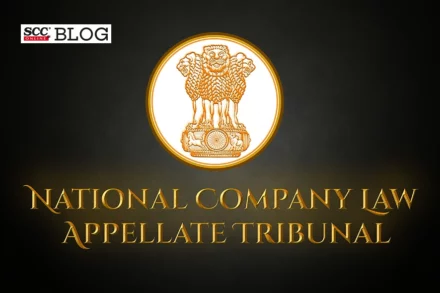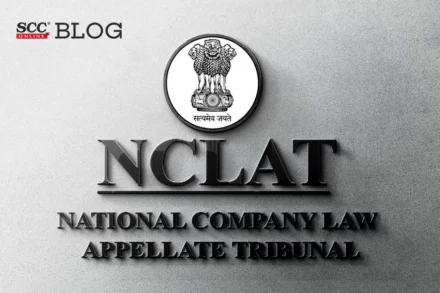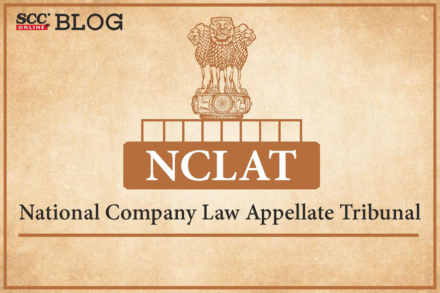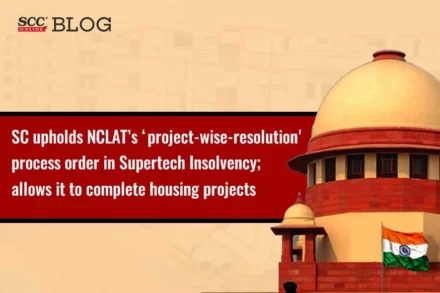
Go Airlines insolvency: NCLAT approves appointment of new Resolution Professional by CoC
NCLAT directed the new Resolution Professional to protect the assets of the Corporate Debtor as required under S. 25(1) of the IBC

NCLAT directed the new Resolution Professional to protect the assets of the Corporate Debtor as required under S. 25(1) of the IBC

A 5-member bench overturned two judgments delivered by 3-judge bench which held that the NCLAT does not have the power to review or recall its own judgements.

The NCLAT set aside Adjudicating Authority’s order initiating CIRP of the Corporate Debtor.

“When consent term itself contains clause for revival, non-giving liberty specifically for revival by the Adjudicating Authority is inconsequential”, held NCLAT

NCLAT observed that in the instant matter “there was no title defect in the Corporate Debtor”.

“The Adjudicating Authority does not appear to have committed any error in holding the alleged disputes claimed by the Corporate Debtor to be feeble as it is not supported by credible evidence.” NCLAT

While speedily and effectively disposing off the present appeal, the NCLAT modified the imposed cost from Rs. 10,00,000/- to Rs. 1,00,000/- for the restoration of the company’s name in the register maintained by the ROC.

While upholding NCLT’s order the NCLAT held that in the present case there is a debt which remained unpaid by the Operational Creditor.

NCLAT held that once a document is relied upon as evidence and not objected to, it cannot be rejected or ignored.

NCLAT set aside the NCLT’s order and remitted back the matter to NCLT to examine the same after hearing both the parties.


NCLAT held that the Adjudicating Authority committed error in rejecting the S. 7 application for not fulfilling ‘threshold’ when Deed of Guarantee mentions about the interest on default.

The Court said that if Committee of Creditors would be constituted for all projects of Supertech, it will cause immense hardships to the home buyers and will throw ever project into uncertainty.

There is no need to prove any fraudulent intent for a preferential transaction as per S. 43 of the IBC.

“Any settlement after passing of the impugned order and after constitution of the CoC is only permissible when the same is approved with 90% vote share of CoC.”

The scope and objective of the Code is ‘Resolution’, and not a ‘Recovery Mode / Forum’.

“…penalty @1% of the turnover for each year of continuance of the cartel would be appropriate penalty in keeping with the extent and seriousness proportionality of the anti-competitive behavior of Geep Industries.”.

The National Company Law Appellate Tribunal held that no pre-existing dispute regarding quality of supplied goods exist as the same was not raised before consumption of the goods.


NCLAT held that that the allocation of meagre amount in Resolution Plan to Creditors can be questioned when the plan value earmarked for them is less than the liquidation value but same is not the case in instant matter.